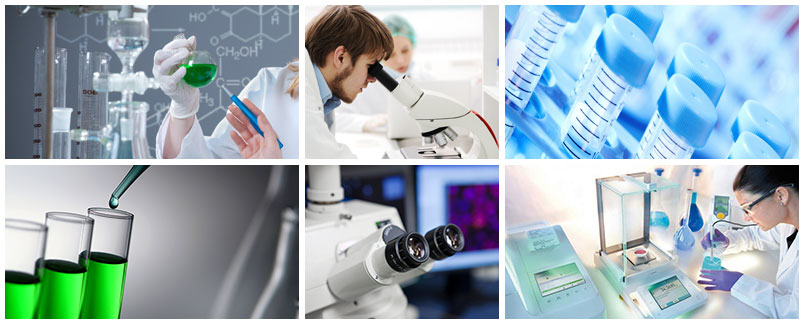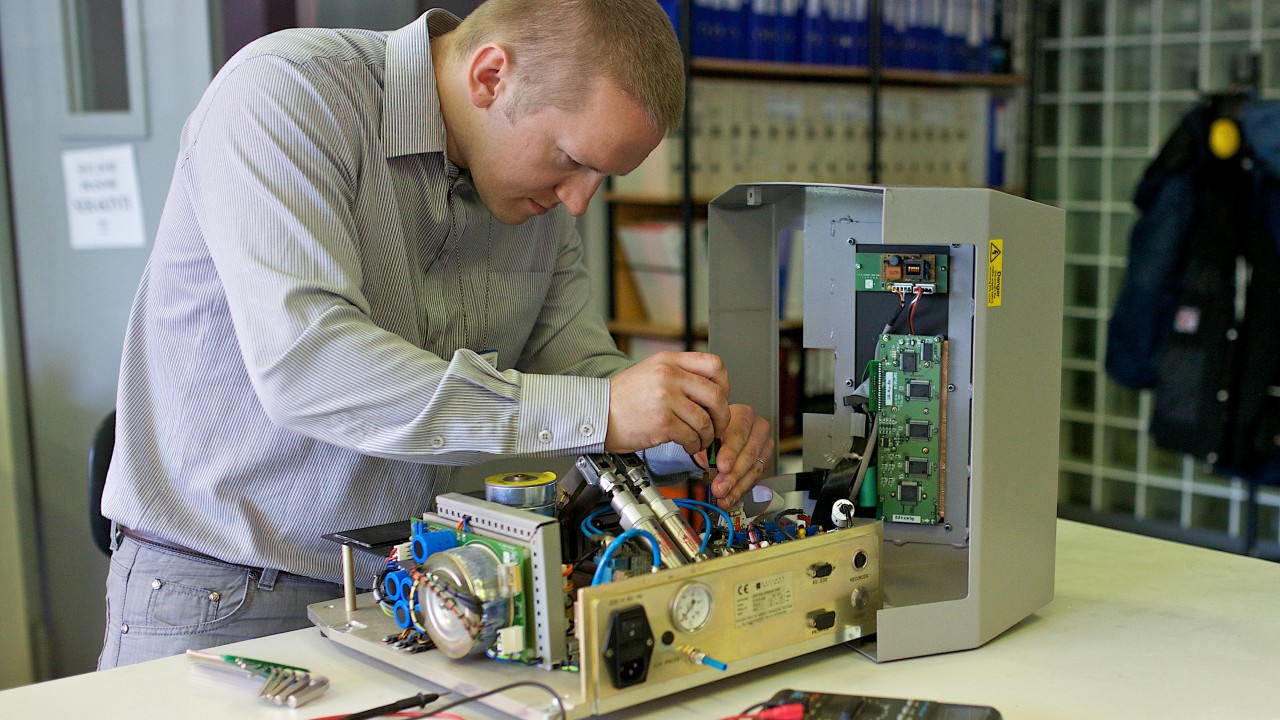

By the end of this course delegates will be able to:
Laboratory managers, analytical chemists, medical scientists, laboratory supervisors, research and development scientists, microbiologists, food technologists and quality assurance/control managers
Part I
Part II
Part III
Part IV
CDGA attendance certificate will be issued to all attendees completing minimum of 80% of the total course duration.
| Code | Date | Venue | Fees | Register |
|---|---|---|---|---|
| LAB153-02 | 12-04-2026 | Dubai | USD 5450 | |
| LAB153-03 | 20-07-2026 | Kuala-Lumpur | USD 5950 | |
| LAB153-04 | 08-11-2026 | Dammam | USD 5450 |
.jpg)
Quality management of the laboratory according to international standards is important in order to enhance the laboratory system and environment. Laboratories use ISO 17025 to implement a quality syst ...

The growth of modern technology has confronted the analytical chemist with a host of new and increasingly complex materials, and has posed more stringent demands for greater sensitivity, reliability, ...
Providing services with a high quality that are satisfying the requirements
Appling the specifications and legalizations to ensure the quality of service.
Best utilization of resources for continually improving the business activities.
CDGA keen to selects highly technical instructors based on professional field experience
Since CDGA was established, it considered a training partner for world class oil & gas institution
3012, Block 3, 30 Euro Business Park, Little Island, Co. Cork, T45 V220, Ireland
Mon to Fri 09:00 AM to 06:00 PM
Contact Us anytime!
Request Info